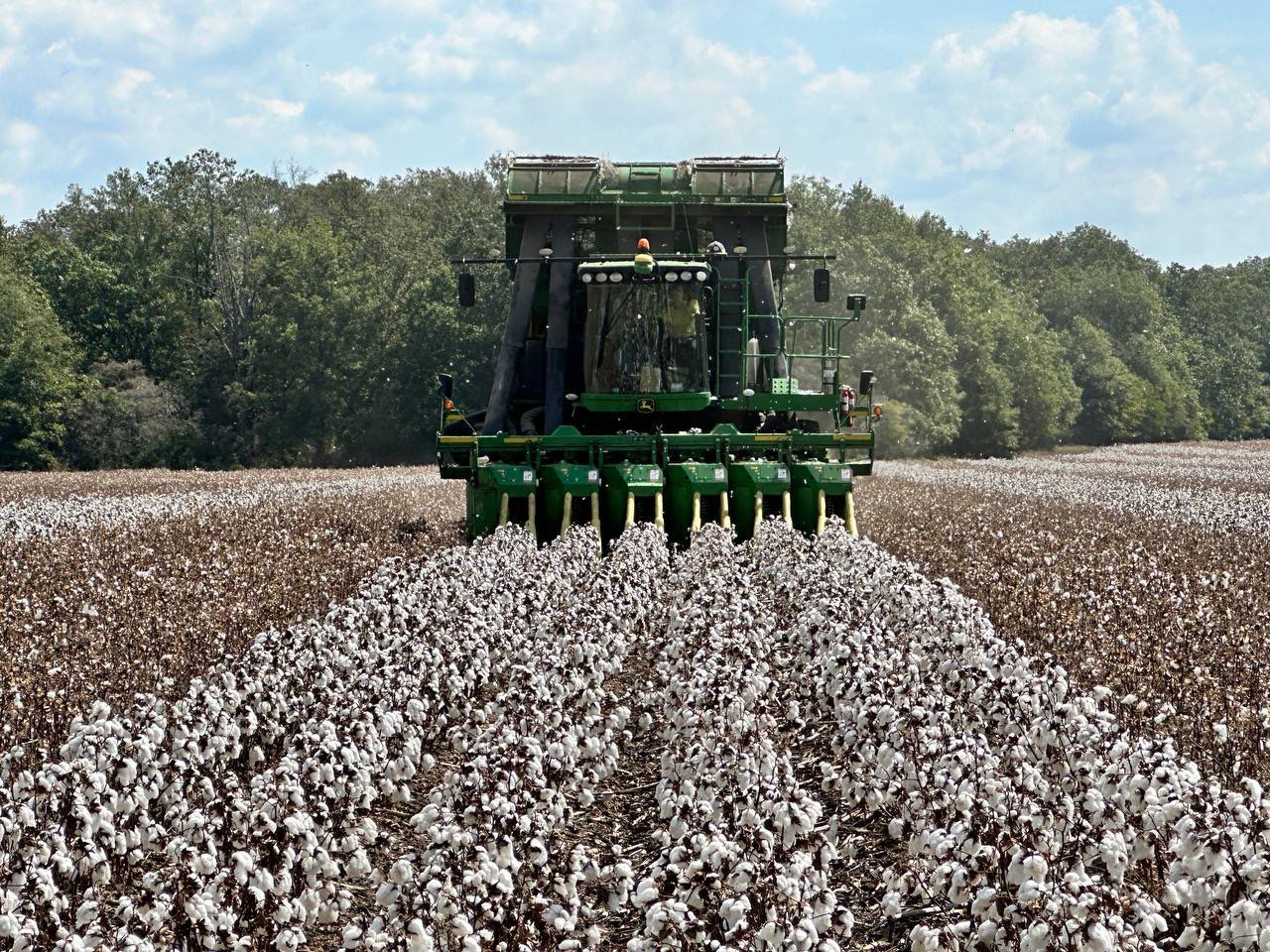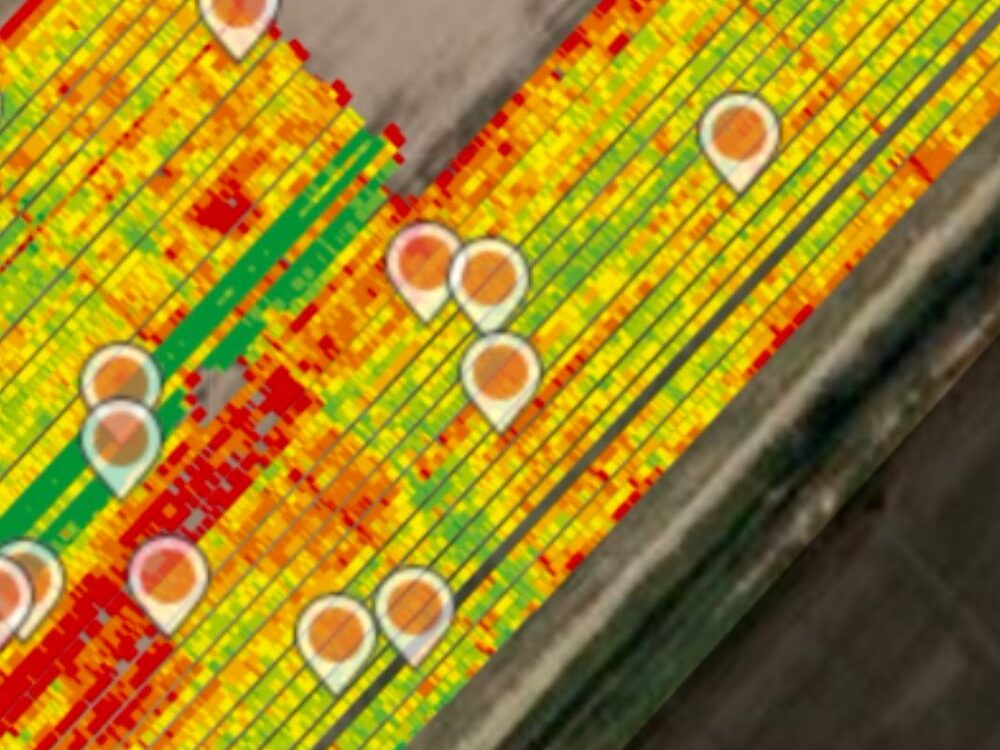Revolutionize Cotton Traceability
Unlock the Future of Ethical Cotton Tracking
Experience unparalleled transparency and efficiency with our advanced cotton tracing solutions, designed to enhance sustainability and economic value from field to fabric.
Discover Our Cutting-Edge Solutions
Our cotton tracing technology seamlessly integrates with leading agricultural, gin, warehouse, and spinning mill systems, ensuring a streamlined process from harvest to market.
Comprehensive Integrations with Leading Systems
Real-time and Near Real-time Analytics and Reporting
Advanced RFID Tracking
Choose the Best Solution for Your Needs

John Deere Integrated System
Leverage the power of John Deere’s precision agriculture technology for seamless cotton tracking and enhanced operational efficiency.
Seamless Data Synchronization
Real-Time Harvest Monitoring
Enhanced Field-to-Gin Traceability
Automated Reporting Features

Proprietary Hardware Solution
Our proprietary hardware offers a robust alternative, ensuring reliable cotton tracking even without John Deere equipment.
Versatile Equipment Compatibility
Independent Operation Capabilities
Customizable Tracking Options
Cost-Effective Implementation
Our Comprehensive Solutions
Advanced Cotton Traceability Solutions
RFID Field Tracking
Utilize cutting-edge RFID technology to ensure seamless tracking of cotton from the field to the spinning mills, enhancing transparency and accountability.
Integrated Hardware Solutions
Our proprietary hardware integrates effortlessly with John Deere and major gin systems, ensuring consistent and reliable data collection throughout the supply chain.
Loader Monitoring Systems
Equip your loaders with our specialized hardware to maintain accurate records of cotton movement and improve logistical efficiency.
Digital Cotton Certification
Generate a digital birth certificate for each batch of cotton, providing verifiable proof of origin and harvesting methods.
Supply Chain Visibility
Achieve full visibility across the supply chain with our comprehensive traceability solutions, from field to final product.
Economic Value Tracing
Enhance economic value tracing by linking cotton quality and origin directly to market performance, offering greater insights for stakeholders.
Innovative Traceability Features
Blockchain Auditing
Leverage blockchain technology for secure and immutable traceability auditing, ensuring data integrity and trust across the supply chain.
Economic Insights
Gain valuable economic insights by tracing cotton’s journey and performance, helping stakeholders make informed decisions.
Seamless Integration
Our systems integrate effortlessly with industry-standard equipment, providing a hassle-free experience and enhancing operational efficiency.
Enhanced Transparency
Achieve unparalleled transparency in your supply chain, fostering trust and accountability among all parties involved.
Start Your Traceability Journey Today
Join the forefront of ethical cotton production with Silverleafe Cotton Tracing. Our innovative solutions ensure complete transparency from field to fabric, enhancing your brand’s integrity and value. Embrace the future of cotton traceability and take the first step towards a more sustainable supply chain. Click below to begin your journey with us.
